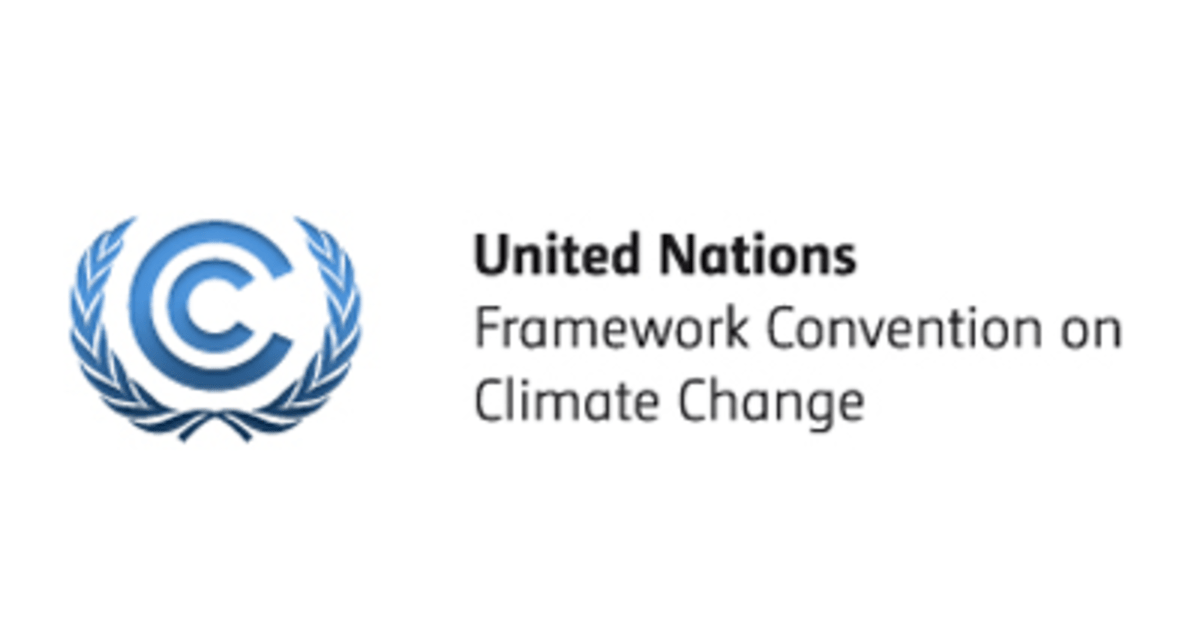COP 7: The 7th Conference of the Parties to the UNFCCC
Date and Location: Held in Marrakesh, Morocco, from 29 October to 10 November 2001.
Significance: Following the initial failure to finalize the operational details of the Kyoto Protocol at COP 6 in The Hague, and the subsequent “COP 6 bis” in Bonn where several contentious issues were resolved, COP 7 in Marrakesh was pivotal in solidifying the detailed rules for implementing the Kyoto Protocol.
Key Outcomes:
Marrakesh Accords:
The primary outcome of COP 7 was the Marrakesh Accords, a comprehensive set of decisions that outlined the rules for implementing the Kyoto Protocol. These rules pertained to the three market mechanisms (Clean Development Mechanism, Joint Implementation, and Emissions Trading), reporting and verification procedures, as well as compliance measures.
Support for Developing Countries:
Decisions were made to support the adaptation needs of the least developed countries (LDCs). The establishment of the LDC Fund was one of the highlights to assist these countries in coping with the adverse effects of climate change.
Capacity Building and Technology Transfer:
Agreements were made to strengthen capacity-building in developing countries and economies in transition. Furthermore, measures to enhance technology transfer to support actions on mitigation and adaptation were emphasized.
Financial Mechanisms:
The conference emphasized the operation of the financial mechanism to ensure that resources are provided to support developing countries in their climate action endeavors.
Conclusion: COP 7 was a landmark event in the climate negotiation history, as it culminated in the Marrakesh Accords, effectively laying down the rulebook for the Kyoto Protocol. With these rules in place, the stage was set for the ratification of the Kyoto Protocol, which eventually entered into force in 2005.
In essence, COP 7 in Marrakesh played a vital role in bridging the gaps left by previous conferences, ensuring that the Kyoto Protocol had a solid framework for operation.



